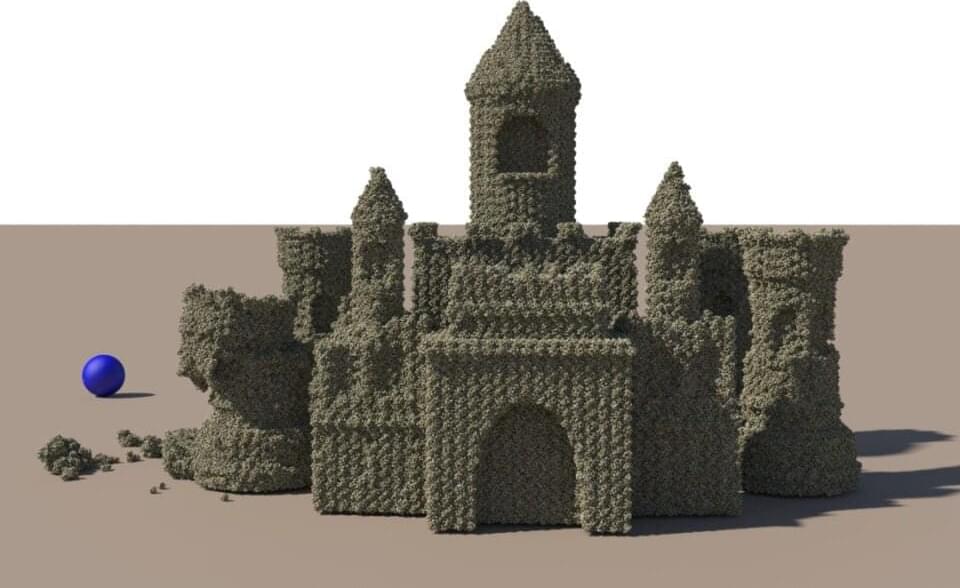Computer-based animators who are tasked with bringing to life imaginary worlds and characters are aided by simulators that can model the many possible ways an object or fluid might move through a physical space. Known as “solvers,” these simulators provide a significant head start on the work of animation. But there’s a catch. As computers have gotten faster, these solvers often create too many options for the animator to effectively sort through looking for just the right one.
“A simulator can return thousands of options. It’s so time consuming to sort through them that these helpful solvers can’t be used to their full potential,” said Purvi Goel, a doctoral candidate in computer science at Stanford, who with her mentor, professor Doug James, has created a new approach to refine the search and narrow results to the most promising options.
They call it “Unified Many-Worlds Browsing,” and they will debut their approach at the upcoming SIGGRAPH 2022 conference in Vancouver, British Columbia, the premier annual gathering for computer graphics and interactive techniques. The approach could both speed the search process for animators and, by limiting the options the simulators must cycle through, reduce compute time and expense. Ultimately, the researchers hope, it will allow artists and scientists to interface with solvers with unparalleled ease and efficiency.
